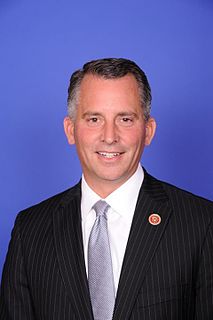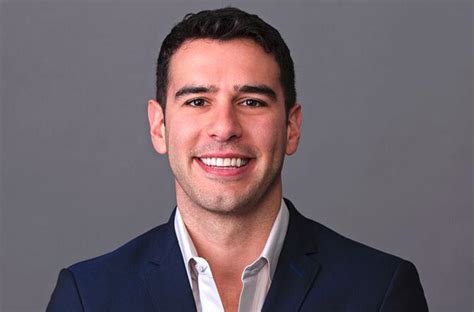A Quote by Kevin Kelly
Managers tend to treat organizations as if they are infinitely plastic. They hire and fire, merge, downsize, terminate programs, add capacities. But there are limits to the shifts that organizations can absorb.
Quote Topics
Related Quotes
I try to support any and all animal causes or organizations out there if they are good and reputable. Sadly, there are a lot of people and organizations that raise money but don't do much or don't have good intentions. I've worked with organizations such as Marine Animal Rescue in Southern California.
While many in the social enterprise space often qualify themselves as 'non-profit,' these organizations should instead treat themselves as 'for-purpose.' These organizations should focus on their mission to create social good, while still treating themselves with the same commitment to rigor and discipline as the best for-profits.
Organizations have to come to grips with the fact that tests of adaptive capability aren't always pleasant. Learning can be a powerful emotional event, and organizations have to be cognizant of that. They must understand that those who complete high-quality executive education programs are going to see the organization with fresh eyes after they return. Those who re-enter the workplace filled with new enthusiasm and new ideas often find a chilly response on the part of their supervisors.
Many in the trans community are fed up with L.G.B.T. organizations that continue to erase trans identity or just give lip service to trans issues. We need our cisgender allies - gay and straight - to treat transgender lives as if they matter, and trans people need multiple seats at the tables in the organizations that say they're interested in L.G.B.T. equality; this absence has been painful since Stonewall.




































